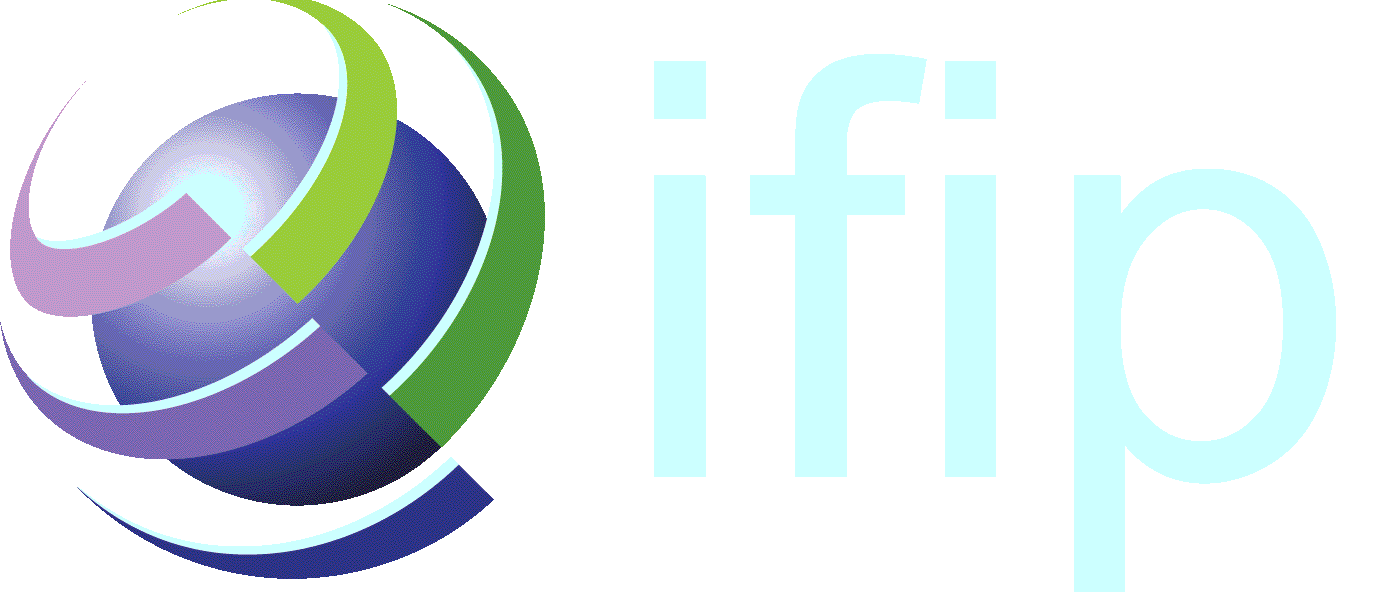











The transition from ISA-95 to RAMI4.0/IIRA based automation for production automation in Industry 4.0 is ongoing. This includes the integration of legacy OT with emerging IT technologies. Another aspect is automation/digitalisation across value networks involving a multitude of stakeholders in complex relationships.
The recent developments of communications technology show a strong involvement of wireless communications even on the factory floor. This brings new requirements to integrate wireless and also cellular technology, in particular 5G/6G and their resilience, into both OT and IT communication. Moreover, these technologies open a new class of management with more flexibility and challenge traditional industrial communication concepts including security aspects. All aforementioned communication technologies are key enablers for mobile and flexible largescale systems that encompass the architecture of IoT field devices to the networking of factories in one deployment.
The formation of such large to very large System of Systems (SoS) are foreseen. Such SoS will involve technologies like, e.g., IoT, AI, Analytics, Big data, and legacy technology. This technology will be distributed across multiple stakeholders with complex relationships. All in all, aiming for efficient production of products or services.
Architectures like RAMI4.0 and IIRA have been presented but are still in early stages. Implementation platforms and frameworks are as well in early stages. Even less maturity is seen regarding engineering and management of such complex automation and digitalization solutions, which consider dependencies across all levels of abstraction
Such architectures and above technology will be used to automatically or autonomically control digitalized production infrastructures. Autonomous decisions require trustworthy and reliable data, operations, and decisions. However, trust related to, e.g., industrial AI may mean different things depending on the type of stakeholder it concerns and will also require the consideration of management and organizational aspects
To become successful in real world production of goods and service technology and stakeholder integration will need structured training, engineering, and management.
| Time | Paper / Talk |
|---|---|
| 09:00-09:15 | Opening Session - Jerker Delsing, LTU, Sweden |
| Part 1 - each talk ca. 15 minutes with 5minutes QA (Chair; Markus Tauber, RSA, Austria) | |
| Evolving the Ecosystem: Eclipse Arrowhead integrates Eclipse IoT - Sven Erik Jeroschewski, Bosch.IO, Germany | |
| Towards the reuse of physical models within the development life-cycle: a case study of Simulink models - Eduardo Cibrián, University Carlos III of Madrid, Spain | |
| Node-RED Workflow Manager for Edge Service Orchestration - Javier Cuenca, Mondragon University, Spain | |
| 10:30-11:00 | Break | Part 2 - each talk ca. 15 minutes with 5minutes QA (Chair; Hans-Peter Bernhard, SAL/JKU, Austria) |
| 11:00-11:30 | Keynote by Hartwig Baumgärtel, HS-Ulm,Germany (online) Keynote Title - The role of Semantics and Semantic Web Technologies for Digital Twins in Industry 4.0 systems |
| IoT Device Management Based on Open Source Platforms - Requirements Analysis and Evaluation - Denis Gustin, TH OWL, Germany | |
| Correctness, Completeness, Consistency: Challenges of Migrating Arrowhead System-of-Systems Models - Géza Kulcsár, IncQuery Labs, Hungary | |
| Towards Adaptive Quality Assurance in Industrial Applications - Christian Thomay, RSA, Austria | |
| 12:25-12:35 | Summary, Closing, Discussion: Markus Tauber, RSA, Austria |
Hence, this workshop will focus on a number of core engineering and management issues for Industry 4.0, associated theory, architectures, frameworks, security and experimental experience. The primary topics are:
Additional topic may be considered given adequate arguments, therefore.
Authors are invited to submit original contributions written in English that have not been published or submitted for publication elsewhere. Technical papers must be formatted using the IEEE 2-column format and not exceed 6 pages (including references), papers exceeding the limit will be rejected. We also appreciate position papers (4-6 pages, including references). All papers should be submitted through JEMS
honorary chair Jerker Delsing, Lulea University of Technology, Lulea Sweden
OC chair Markus Tauber, Researchstudio Austria FG, , Austria
TPC chair Hans-Peter Bernhard, Silicon Austria Labs and JKU Linz, Austria
TPC co chair Robert Harrison, Warwick University, UK
TPC co chair Martin Wollschlaeger, TU Dresden, Germany
TPC co chair Nicholas Race, Lancaster University, UK
TPC co chair Matthias Hemmje, Fernuniversitaet Haagen, Germany
TPC co chair Juergen Jasperneite, IOSB-INA and Technische Hochschule Ostwestfalen-Lippe, Germany
TPC co chair Armando Colombo, University of Applied Sciences Emden, Germany
management-for-industry-40-tpc@icb.at